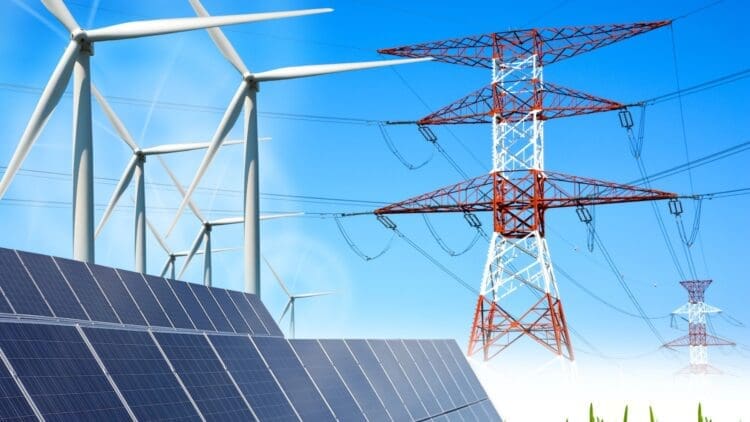Global energy utility company Engie has doubled down on its focus on the Middle East Gulf markets, with specific attention paid to the renewable energy sector as well as improving the efficiency of existing projects that it operates. The region has relied on companies like Engie to improve its energy sector alongside government subsidies and institutions. Now, Engie has revealed that it plans to expand its reach in specific markets instead of operating in too many countries, which undermines its long-term goals.
Engie aims to improve existing operations in the Middle East region
For any company the size of Engie, maintaining a smooth operation in several markets is key to its long-term plans for the energy sector. Engie has stated it plans to focus its energy on the Middle East region, where it hopes to expand its presence in several key markets.
The company is ramping up renewables, flexible power, and grid-stabilising technology in the UAE and the Kingdom of Saudi Arabia, which has been welcomed by the countries’ governments. In a recent interview, Engie’s leadership underscored the importance of adopting renewable energy generation.
“The ambitions for Engie in CO2 emissions reduction and net zero are stricter than the ambitions in the region. But we feel supported by the governments that have similar goals, even if the timelines sometimes differ.” – Engie’s Gulf Co-operation Council (GCC) flexible power managing director Niko Cornelis
The company has stated that it plans to maintain a balanced approach to its legacy thermal and desalination operations, in line with a 2045 net-zero target. Not that long ago, the company was excited about the possibilities of the green hydrogen sector, but it has opted to focus on what it can control. The green hydrogen sector has seen significant investments in recent years, but a lack of optimism has led to the slow progress the sector has seen.
“What we have seen over the past two to three years is that while there were huge ambitions for green hydrogen, they were often based on optimistic assumptions about technological advances and cost reductions. For green hydrogen to truly scale, we need a viable offtake market — one that is prepared to absorb the premium costs that green hydrogen currently commands. This remains one of the biggest missing pieces in the ecosystem.” – Engie’s Gulf Co-operation Council (GCC) flexible power managing director Niko Cornelis
Engie aims to position itself not as a developer, but as a long-term partner for the markets in the region
Keeping the renewable energy sector in mind, Engie has made several commitments to improving its portfolio in the region through a variety of projects, which include:
- Battery energy storage systems (BESS)
- low-carbon thermal power generation
- desalination switching entirely to reverse osmosis (RO)
The transportation sector, which is directly linked to the energy sector, has seen a significant drop in traffic in the ports and rail networks of the world. Which could be solved by companies like Engie improving the existing infrastructure in markets where it already operates.
Engie is perfectly placed to become the dominant force in the Middle East region
Engie is a huge and exceedingly successful company that has operations in several markets around the world. One can understand their ambition to increase their standing in what could easily be seen as the most profitable energy market in the world. Similar investments have been made in other emerging markets around the globe, so we can expect the energy sector to continue to grow, thanks to the efforts of companies like Engie. The Middle East region has seen several nations opening up to foreign investments, and Engie is perfectly placed to take advantage of that new approach to the sector.





